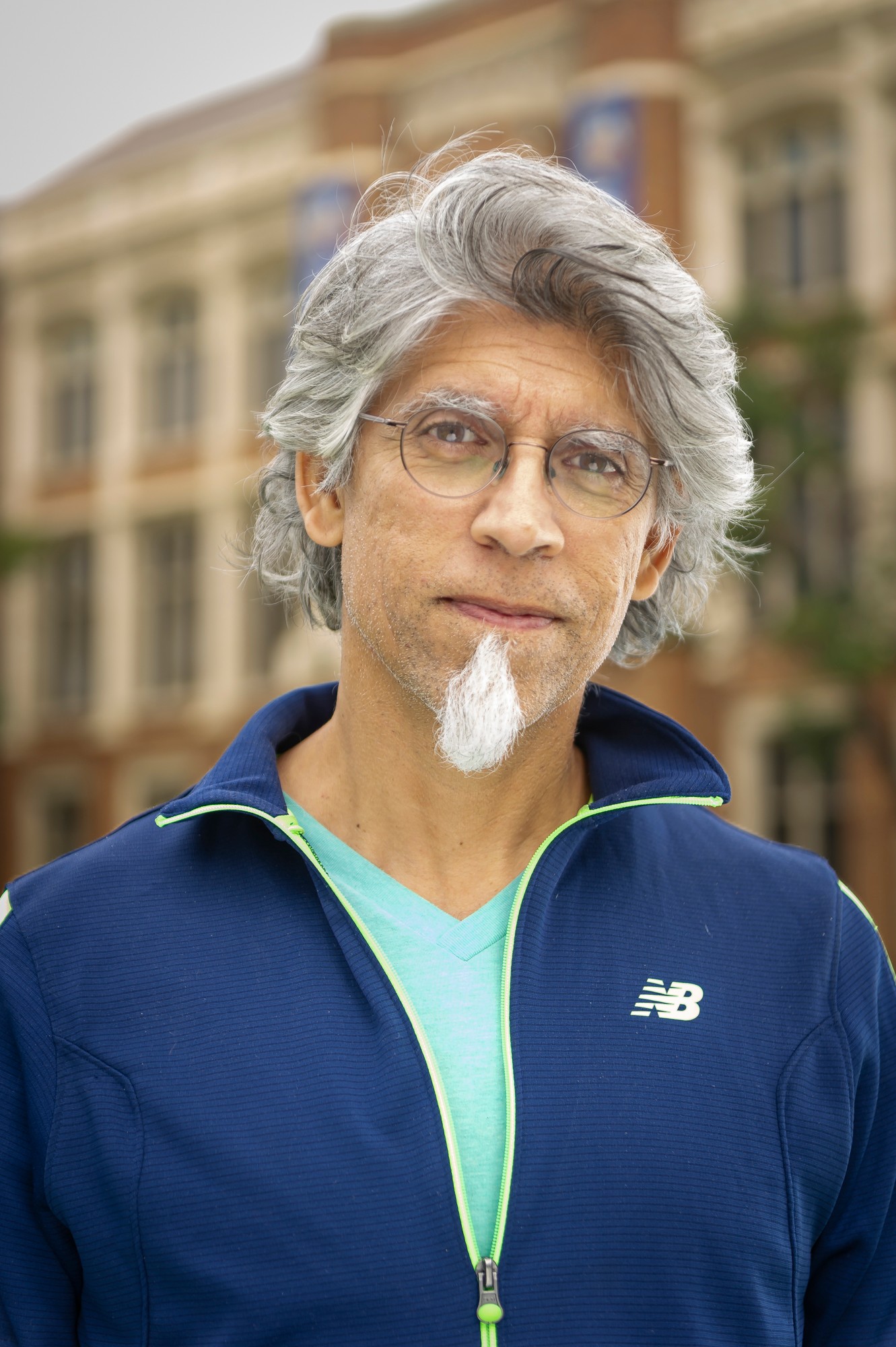

Ed Carreon shared their story and experiences with us recently and you can find our conversation below.
Ed, we’re thrilled to have you with us today. Before we jump into your intro and the heart of the interview, let’s start with a bit of an ice breaker: Have any recent moments made you laugh or feel proud?
Yes, I recently completed an assignment from a law firm that made me feel proud. They saw my work on an annual report and contacted me directly to ask if I could do the same for them.
They sent me to New York for two days and then to San Francisisco for three days. It was all natural light with some production involved, and I never used a strobe once. They loved the work.
My 30 years as a photographer paid off because it allowed me to see portraits in a way, I could not have seen as a beginner.
Can you briefly introduce yourself and share what makes you or your brand unique?
My career began as a photojournalist working first for newspapers and then for major magazines like National Geographic, Fortune, Forbes, Newsweek, and Time Magazine. My ability to find the narrative in all of the stories I covered has informed the last 30 years of my career.
No matter if I am shooting environmental portraits or lighting a large industrial project, I bring a narrative value to my work. I no longer have to wonder how to do something; I just see through a seasoned lens.
When I am shooting portraits, I establish a rapport with the subject to create authenticity, and when I am shooting an industrial or healthcare job, I tell a story about people or the industrial process.
Okay, so here’s a deep one: Who were you before the world told you who you had to be?
I was a kid who always wanted to be in the wilderness, climbing trees, fishing, hiking, or rock climbing. I sought extreme experiences and adventure. I lived the life I wanted, but not the life I intended. Now, as an older man, intention is more important than desire.
What have been the defining wounds of your life—and how have you healed them?
I was abused by a priest when I was a child. It went on for some time. As a result, I developed cPTSD later in life when the memories came calling and, eventually, began planning suicide. That is when I recalled that a therapist recommended psychedelic therapy. It saved my life and my marriage. The memories no longer define me.
Next, maybe we can discuss some of your foundational philosophies and views? What truths are so foundational in your life that you rarely articulate them?
There is no difference between the public version and the private version of me. My public version is merely an aspect of who I am.
Understanding is waking up to the fact that we are not our stories, the largely unconscious and imaginary narratives we create to define ourselves and the world. We are not our personality, a collection of adaptive behavior patterns and beliefs about ourselves, we created to survive. It is a useful avatar of who we really are. We are a figment of our imaginations. Wake up, clean up, then grow up.
There are no “shoulds” or “musts,” the imaginary constructs we use to structure our lives. There is what I want and need, and the former is overrated. The words “should” and “must” imply duty, obligation, shame, and guilt. They are based on imaginary notions of how we should behave.
Every moment counts; even the difficult ones, because those are the ones that have the most to teach. This is as good as it gets; right now, and until I understand that my ceaseless desire for an imagined future is the very cause of my misery, I will continue to embrace my misery as if it is who I am. “My life is not a punishment”.
I can’t learn anything from the future I am so worried about, but I can learn something from the present. My fear of the future, which may or may not arrive, is based on my beliefs about myself, but all beliefs are a form of imagination. The alternative to belief is acceptance and understanding.
Empathy does not require one to suffer over the suffering of others; it just requires understanding where they are and sharing what they are going through. I value people’s needs over their ideology. I value understanding over conviction.
Before we go, we’d love to hear your thoughts on some longer-run, legacy type questions. What pain do you resist facing directly?
Pain that is not transformed is transmitted, and if you don’t face your demons, they will raise your children. I would like to think I have transformed my pain well enough that it no longer distorts how I see the world.
Contact Info:
- Website: https://www.carreonphotography.com
- Instagram: edwardcarreonphotography
- Linkedin: https://www.linkedin.com/in/edcarreon/
- Facebook: https://www.facebook.com/eacarreon/

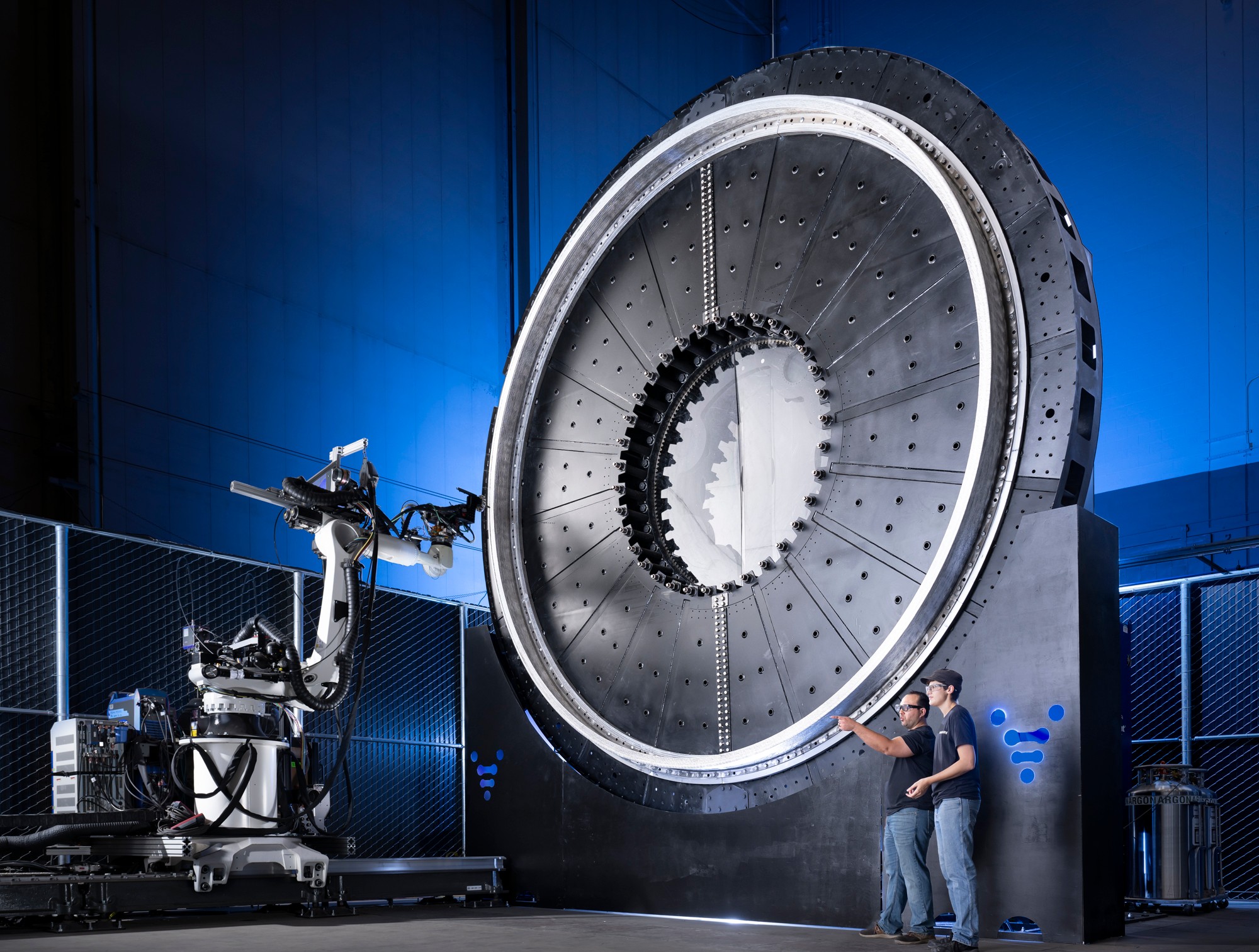

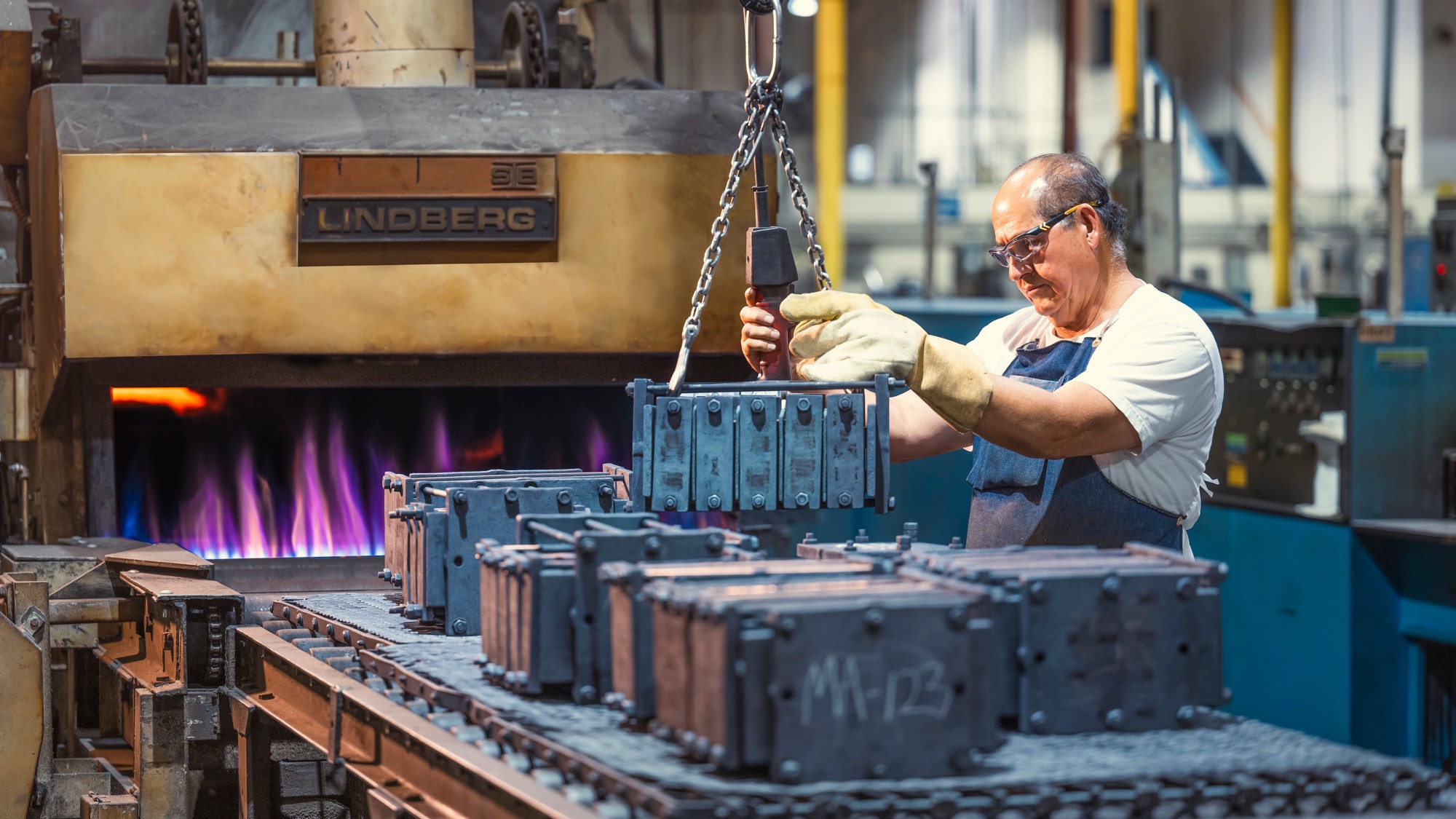
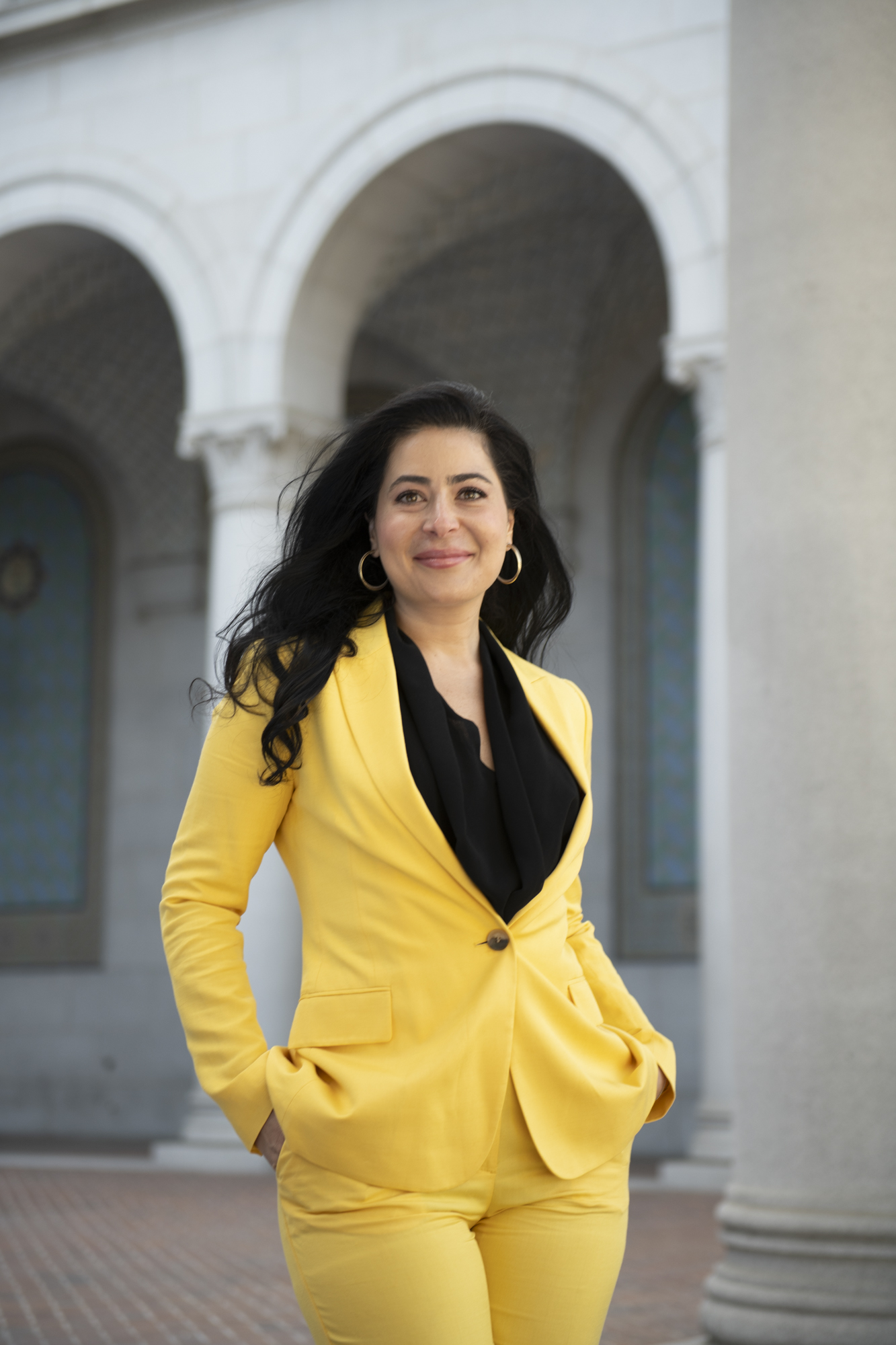
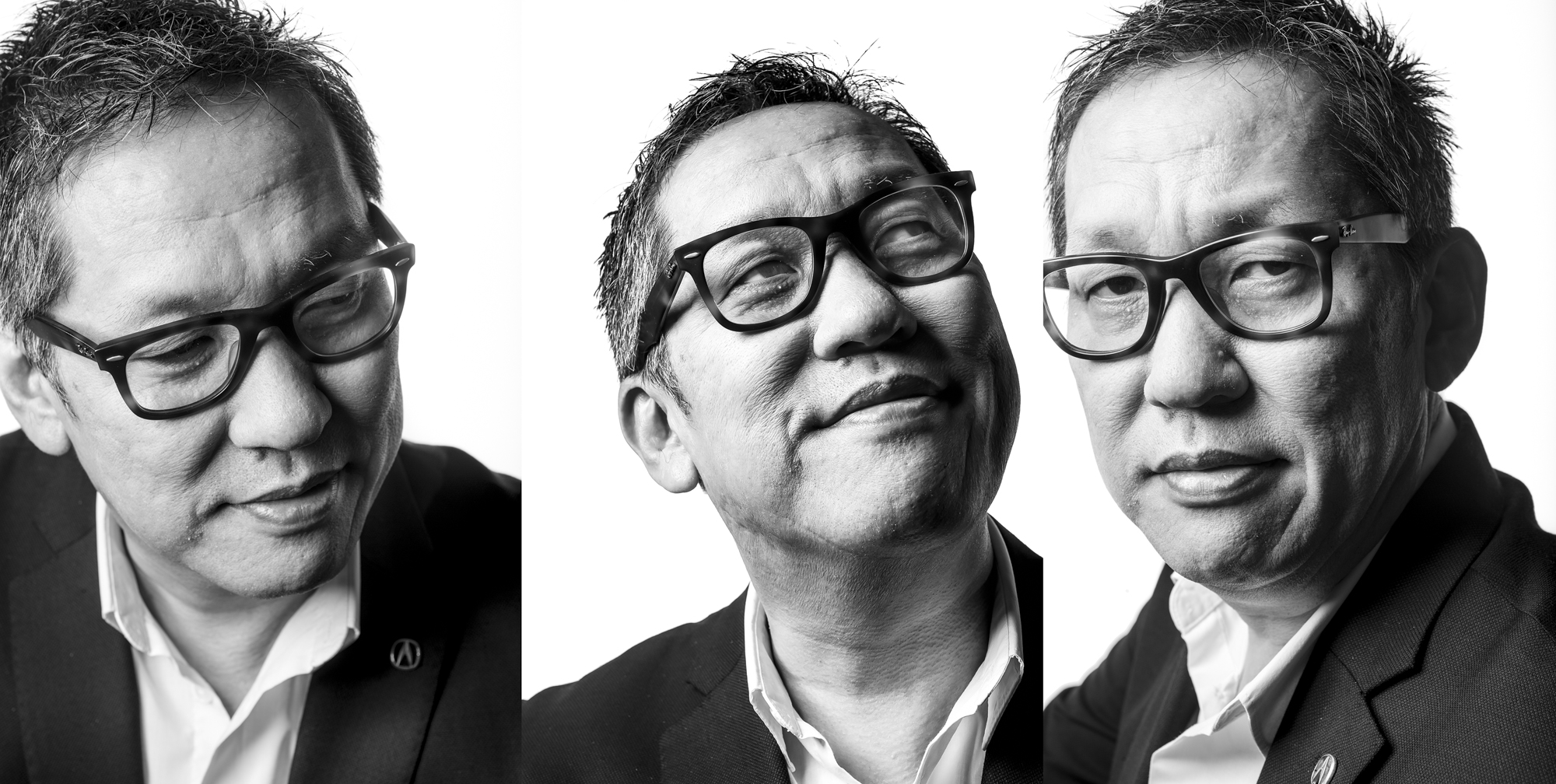
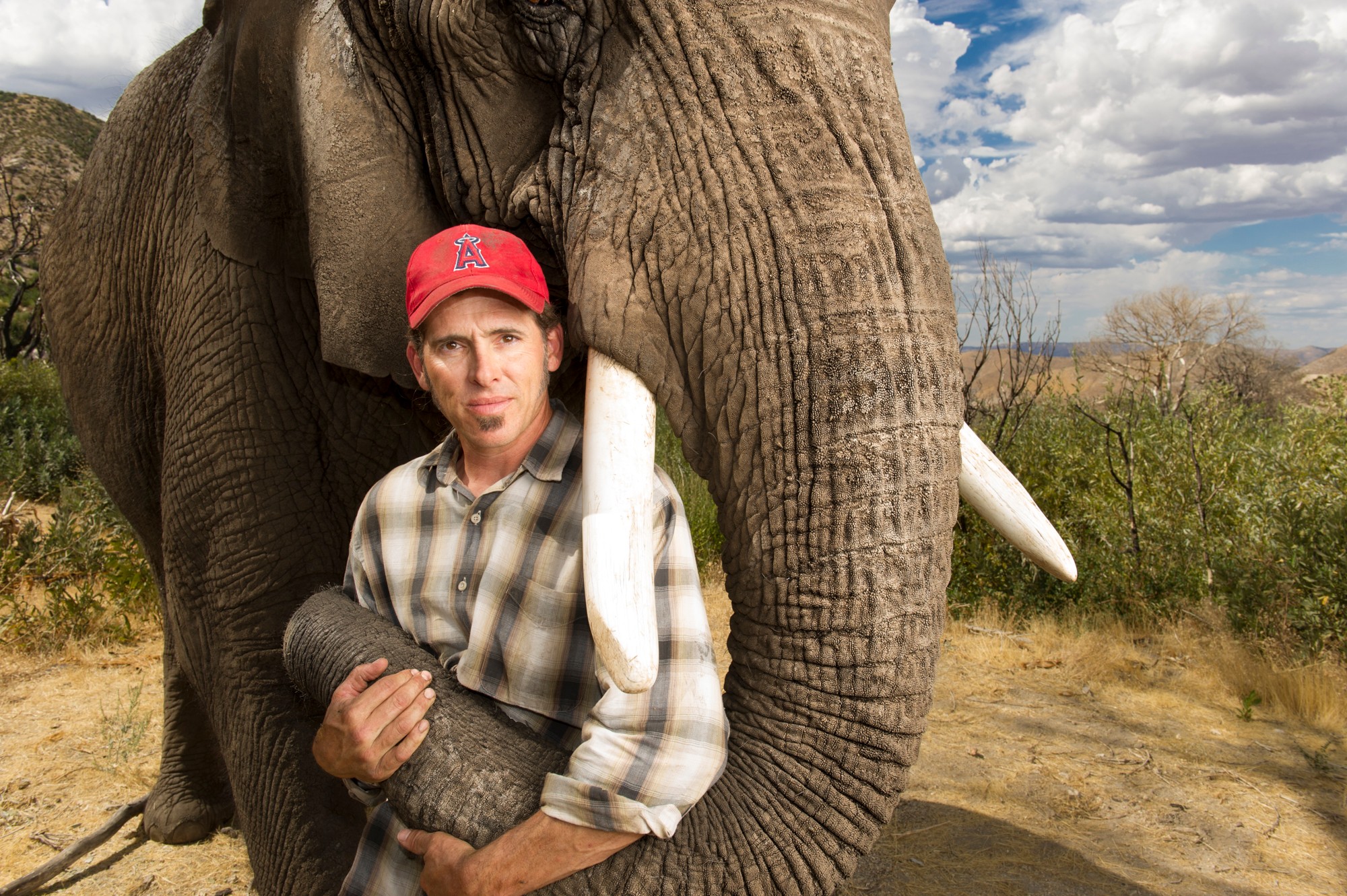
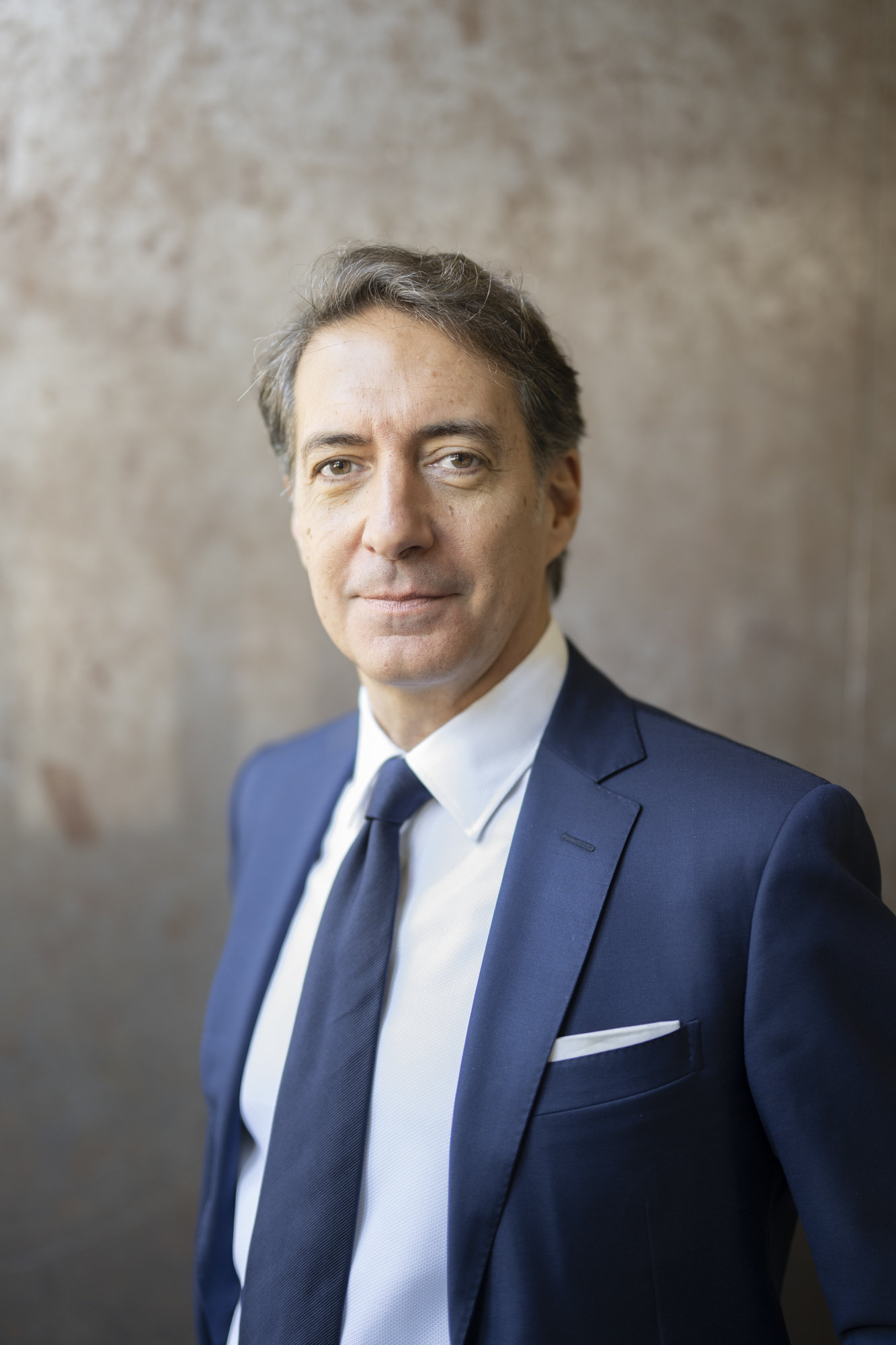
Image Credits
Edward Carreon














